Visiting Britain is an experience filled with charming accents, historic landmarks, and, for many tourists, a few puzzling habits. The British have their own unique way of doing things, some of which can leave visitors scratching their heads. These are the 17 British habits that most confuse tourists.
The Love for Tea

“The British drink more than 60 billion cups of tea a year,” according to the BBC. Tea isn’t just a beverage in Britain – it’s a ritual. The British drink tea in the morning, afternoon, and even before bed. Offering a cup of tea is a common way to greet guests or soothe someone’s troubles. The phrase “fancy a cuppa?” is an invitation to take a break and enjoy a chat over a steaming cup of tea.
Queuing Everywhere

One of the first things you’ll notice is the British love for queuing. Whether it’s at the bus stop, in the supermarket, or waiting to get into a concert, the Brits form orderly lines and wait their turn. This obsession with queuing is so ingrained that any attempt to skip ahead or break the queue can result in disapproving stares or even a polite, yet firm, reprimand.
Politeness Overload

British people are known for their politeness, and this can sometimes be confusing. They say “sorry” for the smallest of things, even if it’s not their fault. Bumping into someone slightly on the street? Expect a quick “sorry!” They also use “please,” “thank you,” and “excuse me” more often than you might be used to.
Talking About the Weather

If you find yourself in a conversation with a Brit, chances are the weather will come up, as discussing the weather is a national pastime and a common icebreaker. Whether it’s sunny, rainy, or anything in between, commenting on the weather is a way for Brits to make small talk. It’s a safe, neutral topic that everyone can relate to.
Unique Sense of Humour

British humour can be quite different from what tourists are used to. It’s often dry, understated, and heavily reliant on sarcasm and irony. What might seem like a serious comment could very well be a joke. Understanding this subtle form of humour can be tricky, but once you get the hang of it, you’ll find it quite entertaining.
The Pub Culture

Pubs are a cornerstone of British social life, because for most people, they’re not just places to drink but also community hubs where people gather to relax, chat, and enjoy a meal. Each pub has its own character and atmosphere, often reflecting the local culture.
The Unpredictable Queue in Bars
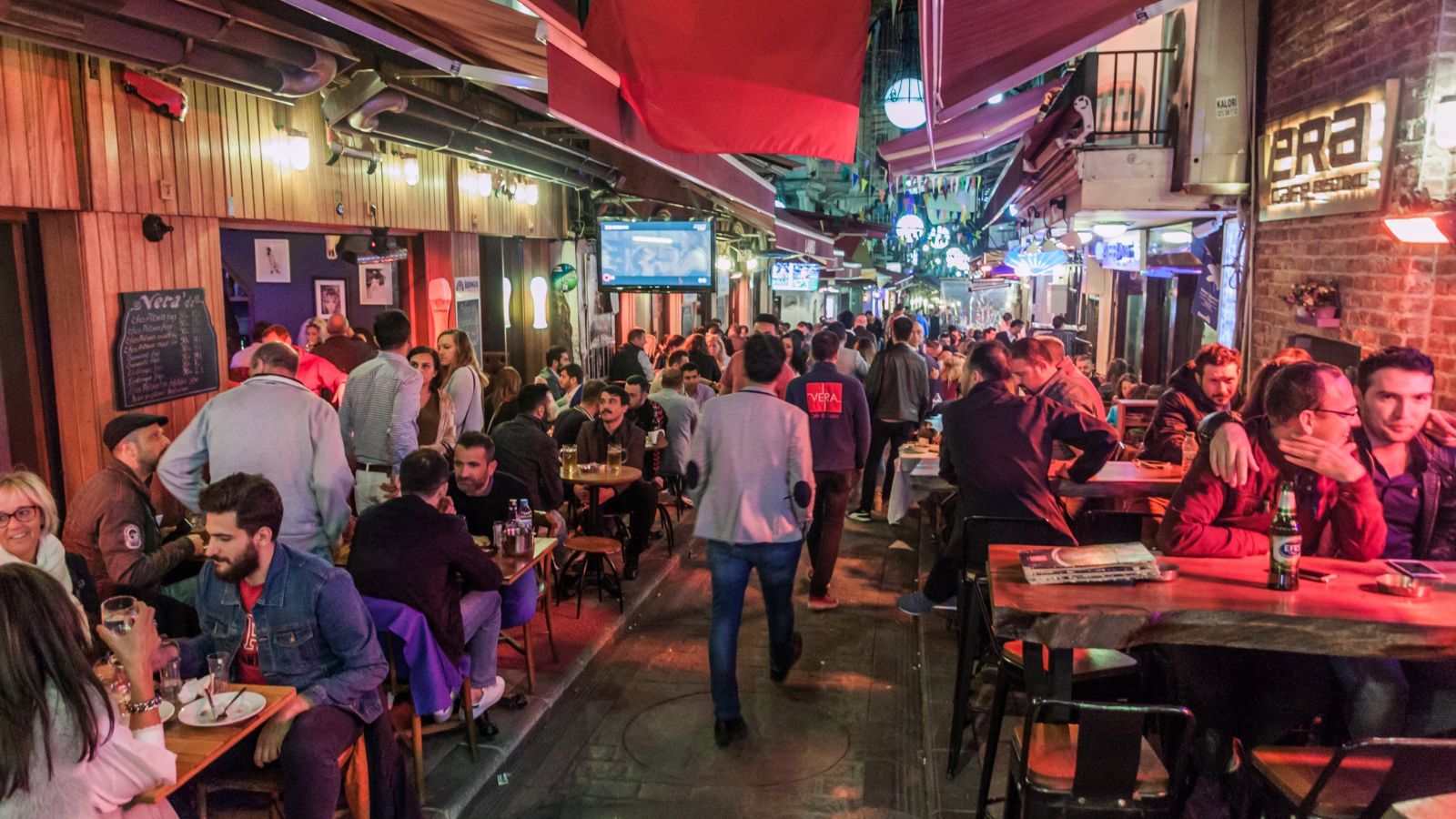
Unlike the orderly queues for buses or at shops, queues at bars and pubs can be a bit more chaotic; instead of a straight line, people often crowd around the bar. However, there’s an unspoken system where bartenders serve customers in the order they arrived. If you’re patient and catch the bartender’s eye when it’s your turn, you’ll get served.
Public Transport Etiquette

British public transport comes with its own set of unwritten rules. You should always let passengers off the train or bus before boarding, and try to avoid loud conversations or phone calls. When on an escalator, stand on the right side if you’re not walking so that others can pass on the left.
The Obsession with Football

Football (or soccer, as it’s known in some places) is more than just a sport in Britain; it’s a passion. Many Brits have a favourite team they support with fervour, and match days can be a big event. Discussions about football can dominate conversations, and knowing a bit about the local teams can help you connect with people.
All the Roundabouts
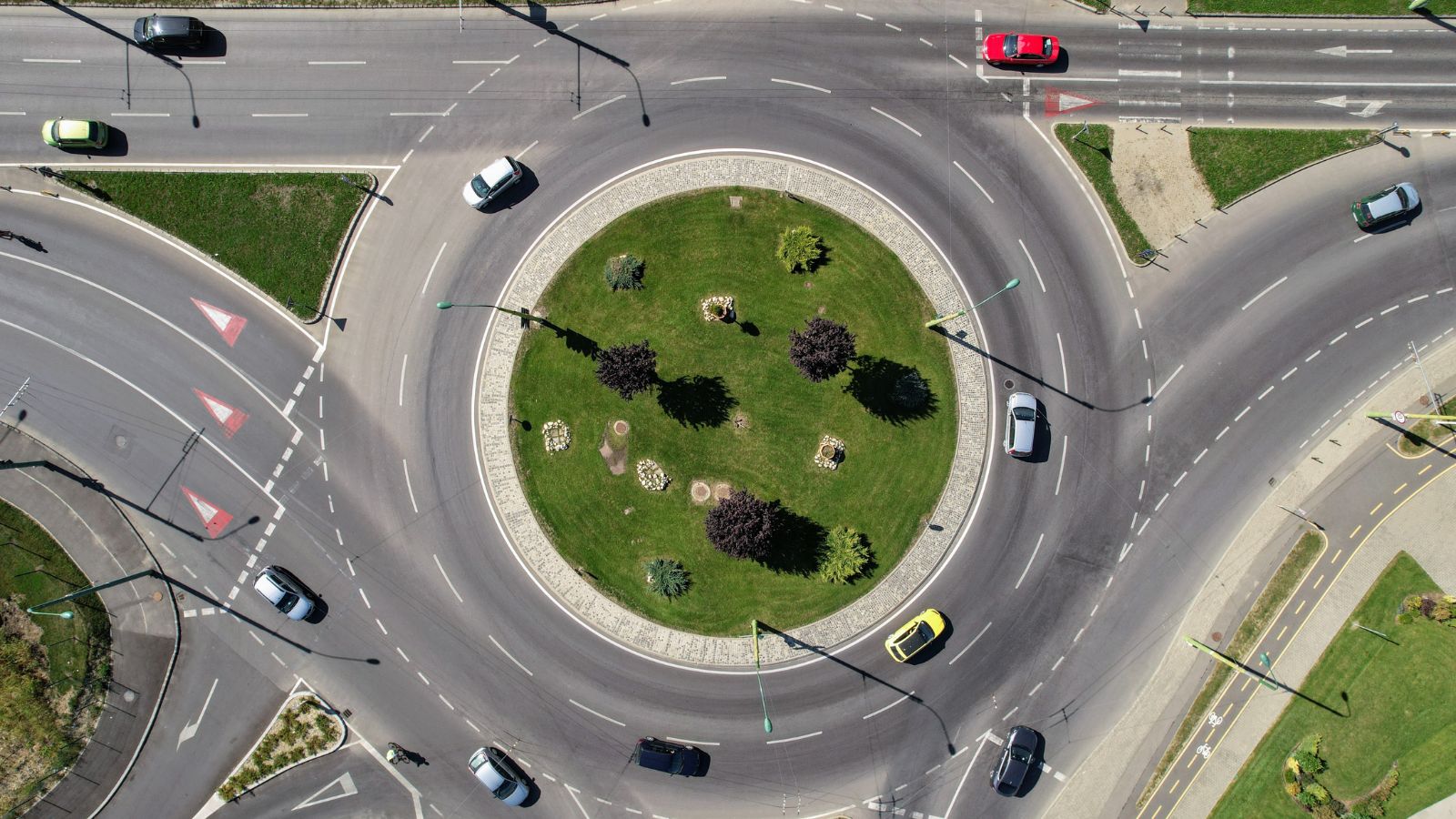
Driving in Britain can be confusing, especially when you encounter roundabouts, as these circular intersections are everywhere. Getting around them can be tricky for those not used to them. The key is to yield to traffic coming from the right and to stay calm. Once you get the hang of it, you’ll find that roundabouts can actually help traffic flow more smoothly.
The Quirk of Understatement

Brits often downplay their achievements or minimise their feelings, therefore if someone tells you something was “not bad,” it probably means it was quite good. Similarly, if they say they’re “a bit disappointed,” they might actually be very upset. This tendency to understate can be strange, but it’s a way to avoid appearing boastful or overly emotional.
The Tradition of Afternoon Tea
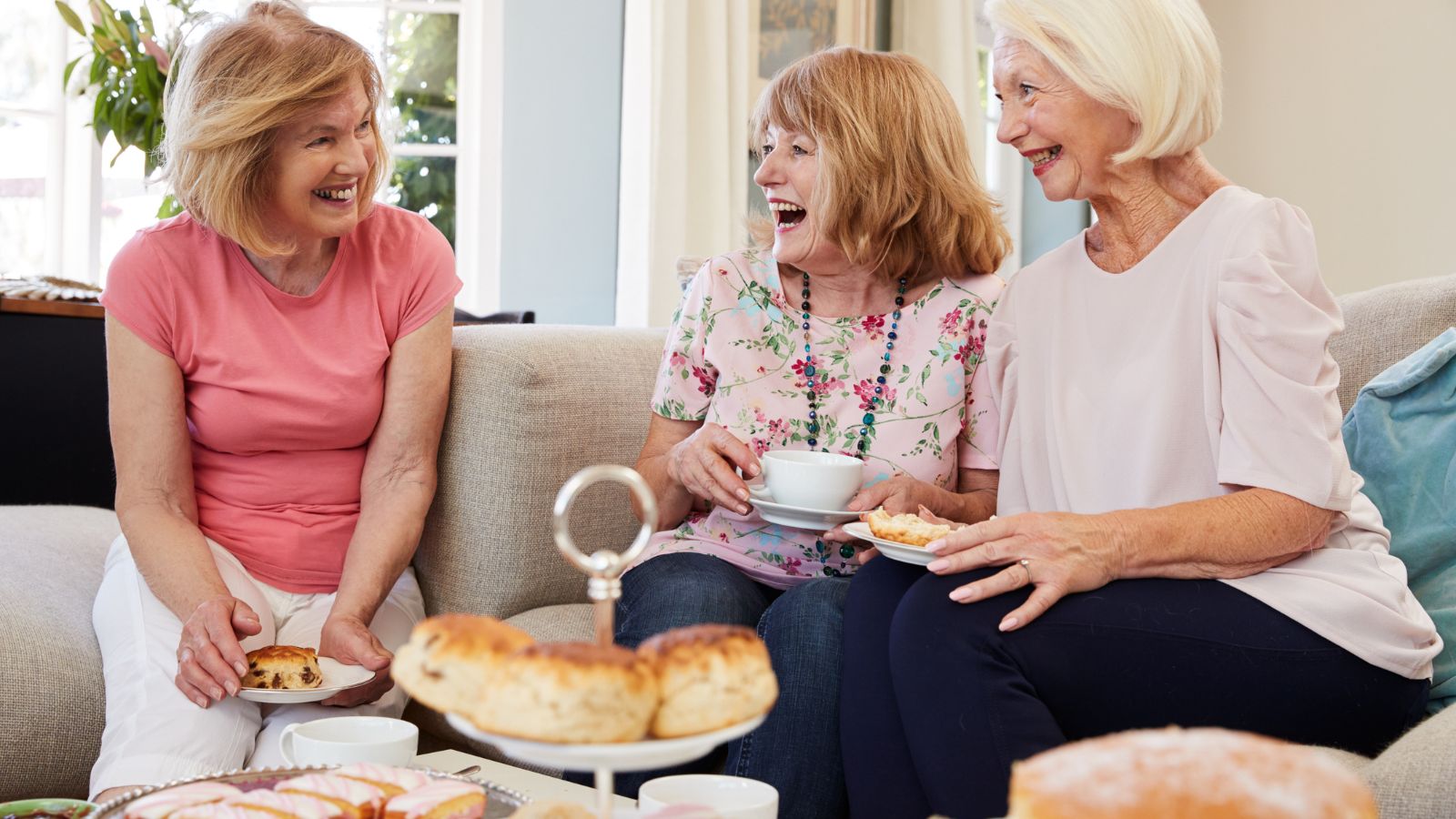
Afternoon tea is a delightful British tradition that can bewilder tourists, mostly because it’s not actually about drinking tea; it’s a meal, enjoying a selection of sandwiches, scones with clotted cream and jam, and sweet pastries. Afternoon tea is usually served between 3:30 and 5 PM, and it’s a leisurely affair.
The British Reserve

Brits are often seen as reserved or even aloof, which can be off-putting for more outgoing visitors. Additionally, they tend to value their personal space and may not be as openly expressive as people from other cultures. However, this reserve doesn’t mean they’re unfriendly.
The Custom of the Sunday Roast

A traditional Sunday roast is a meal that brings families together at the end of the week, and it includes roast meat, potatoes, vegetables, Yorkshire pudding, and gravy. This hearty meal is a beloved British tradition, often enjoyed at home or in pubs.
The Phrase “It’s Not My Cup of Tea”

Another reference to tea that’ll have you scratching your head: you’ll hear Brits use the phrase “it’s not my cup of tea” to indicate something they don’t particularly like or enjoy. This expression can be used for anything from food to activities to personal preferences, and it’s a polite way of expressing disinterest without being harsh.
Fish and Chips Obsession
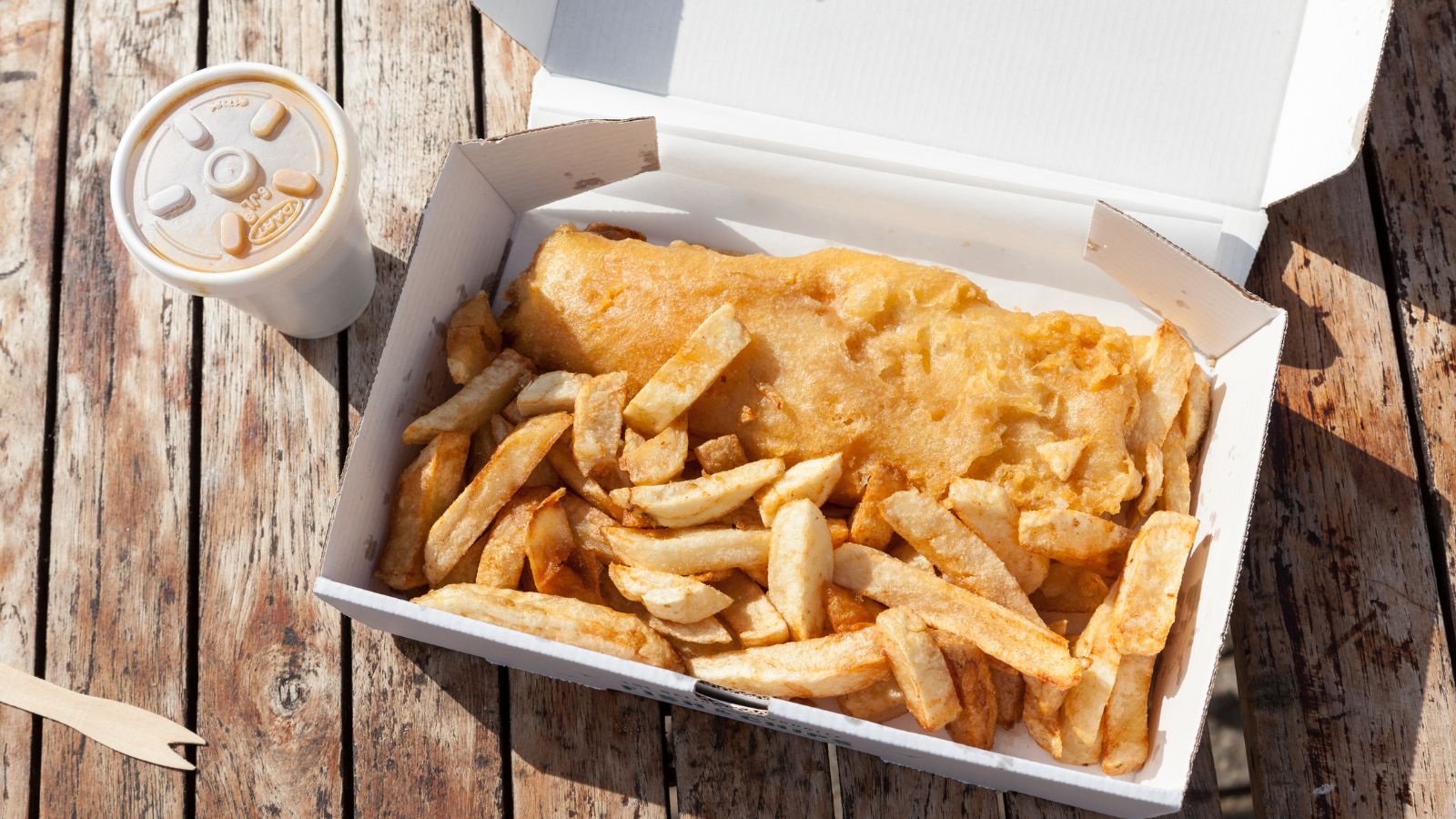
No visit to Britain is complete without trying fish and chips. This iconic dish consists of battered and fried fish served with thick-cut chips (fries), and it’s often enjoyed with a sprinkle of salt and vinegar and sometimes accompanied by mushy peas. Fish and chips are typically eaten from a takeaway shop and are best enjoyed wrapped in paper.
The Puzzling Love for Marmite
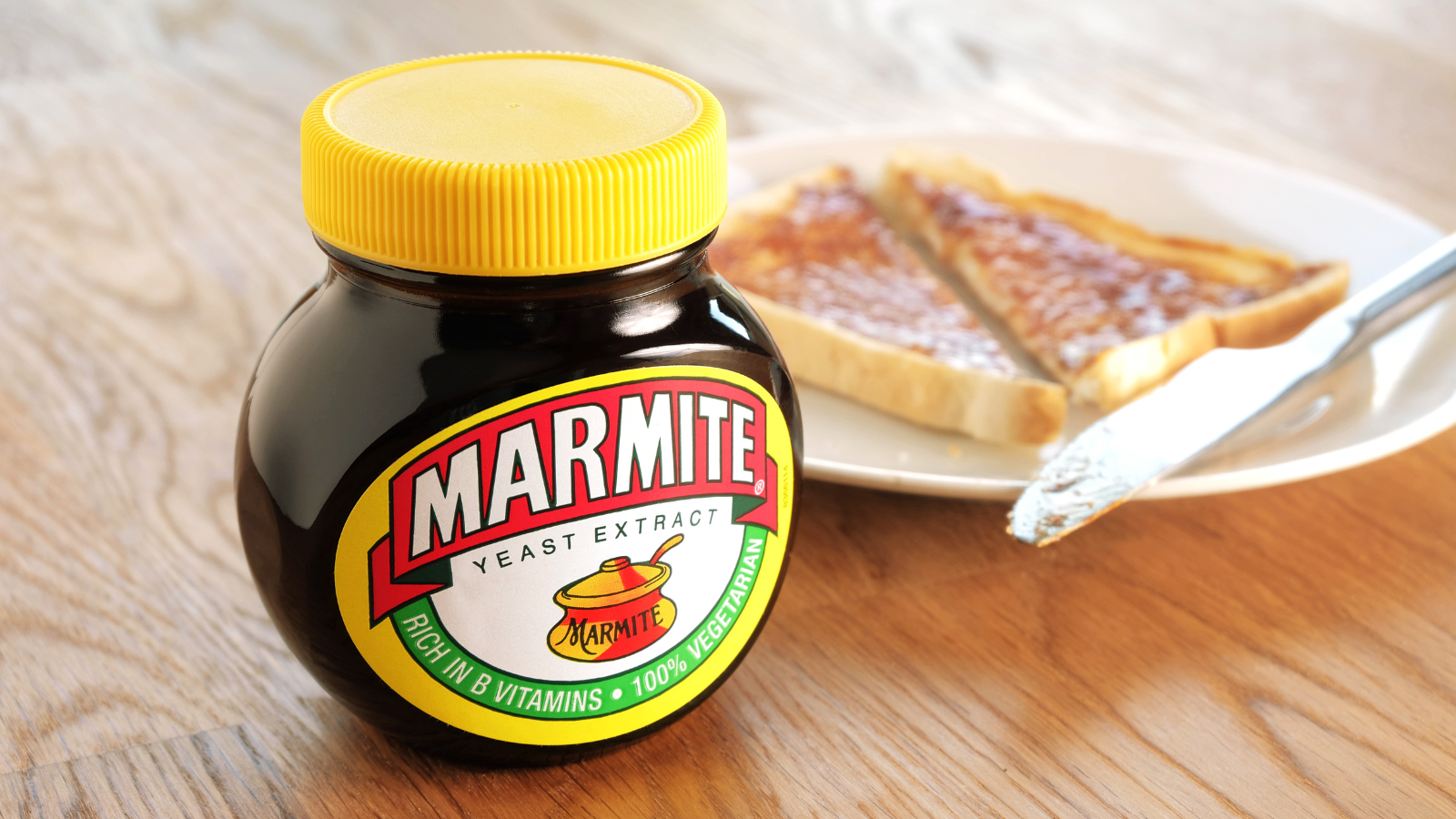
One final habit that might confuse you is the Brits’ relationship with Marmite. Marmite is a spread made from yeast extract, and it’s famous for its polarising taste. The slogan “love it or hate it” perfectly sums up people’s reactions to it. Spread thinly on toast, it has a strong, salty flavour that many Brits adore—while others can’t stand it.







